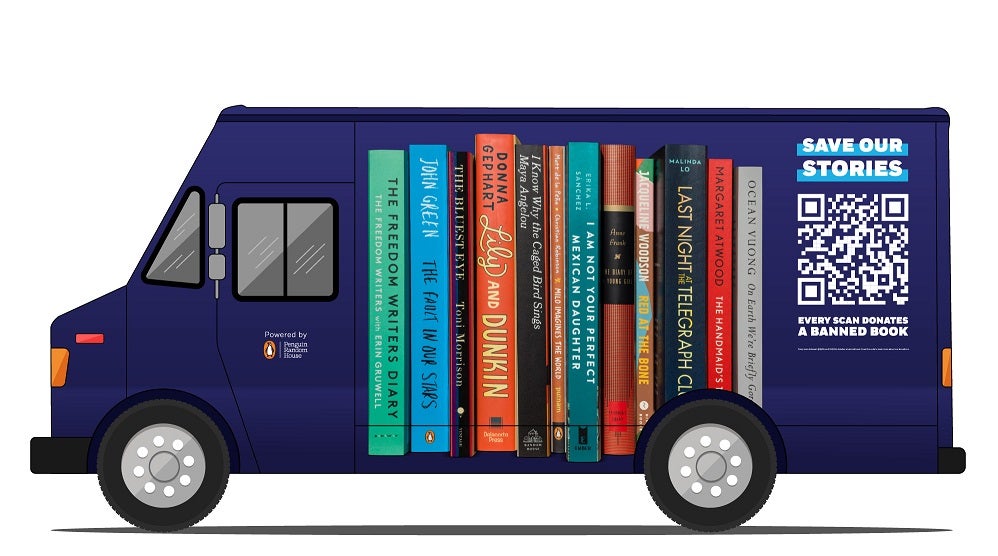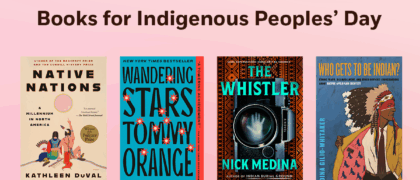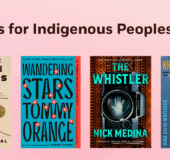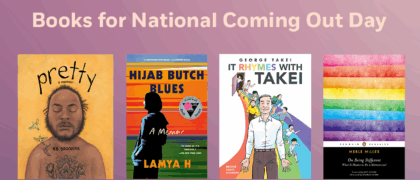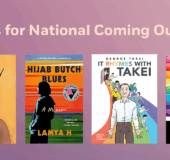The following message was sent by PRH CEO Nihar Malaviya to all employees on the second day of Banned Books Week 2024:
September 23, 2024
Hi everyone,
Welcome to Banned Books Week! At a time when the freedom to read is under attack, it is more important than ever to celebrate the books that have made us who we are today—and to continue our efforts to ensure that future generations have access to the stories they want and need.
Yesterday, we kicked off the Banned Wagon’s nine-city tour in Des Moines, IA. The team on the ground distributed more than 450 banned books to a crowd of readers of all ages who were excited to get their hands on some of the titles that have disappeared from their school and library shelves. I am so grateful for the work all of you are doing this week and year-round to reach communities across the country being impacted by book bans.
Even though we are nearly a year and a half into this fight, I am continually shocked and disturbed by the breadth of books that have been affected by these harmful laws. For example, in Florida, hundreds of titles have been banned across the state as a result of HB 1069 (which we are currently challenging in court alongside our industry coalition of publishers): A TALE OF TWO CITIES, ANNE FRANK’S DIARY, and THE COLOR PURPLE, to name just one small fraction.
Looking at the list of commonly banned books on our resource site, 1984 by George Orwell is particularly shocking to me. I first heard about the book years before I read it in college through a line in an Apple Super Bowl ad in 1984 that launched the first Macintosh computer: “Apple computer will introduce the Macintosh. And you’ll see why 1984 won’t be like ‘1984’.” The ad shows the power of books as cultural touchstones that continue to inspire people years after their publication.
Yet, although it is often hailed as an enduringly relevant and influential classic, 1984 has also been frequently banned and challenged over the years due to “sexual content.” The book depicts a dystopian version of a government that will do anything to control the narrative. I find the irony of that plotline quite striking in this context—more than 75 years after the book was written—as our own government increasingly attempts to control what we can and cannot read. We are working to restore access to many such classic works of literature, along with the countless contemporary books being targeted, which are disproportionately by and/or about LGBTQIA+ communities or communities of color.
I’m interested in hearing from you: Is there a book you were shocked to find on a banned list? Or, what’s a banned book that has had a profound impact on you, and why? Please share your thoughts with me here and we will publish them on OurHouse to make sure these important stories and voices continue to be elevated and heard.
As always, I look forward to hearing your responses. Thank you for taking the time to reflect with me.
With appreciation,
Nihar

Head of the Intellectual Freedom Taskforce, Skip Dye, with Beaverdale Books employees and Banned Wagon tour staff
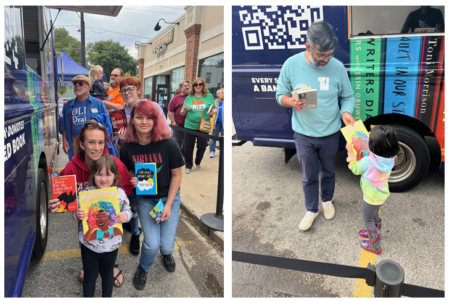
Attendees in Des Moines, IA with their free books

